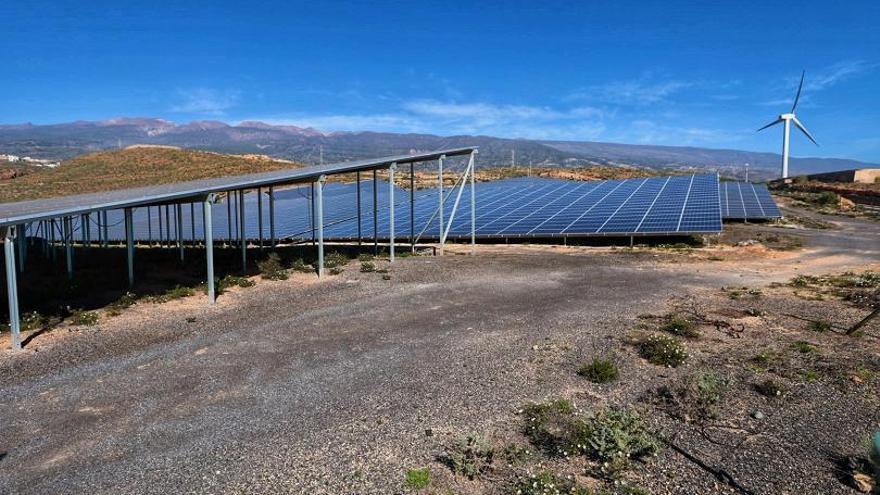
He Government of the Canary Islands grants the declaration of public utility to the project for the photovoltaic solar installation Loro Parque IIof 10 megawatts (MW), in the municipality of Arico. The General Directorate of Energy initiates the procedure for the forced expropriation of the land necessary to build this renewable energy plantaccording to the Official State Gazette (BOE).
In the resolution published and signed by the general director of Eenergía, Rosa Ana Melián, 13 properties are listed as affected. It should be noted that among them are three plots owned by the Cabildo de Tenerife and two from the Arico City Council, the rest corresponding to individuals or companies. The soil that appears in the BOE is the one that is required for the installation of the plant and for the right of way.
The Loro Parque II photovoltaic plant was authorized by the Ministry of Ecological Transition, Fight against Climate Change and Territorial Planning of the Government of Canary Islands on April 6 of last year. Those affected have one month to file the appeal before the Vice-Ministry of the Regional Executive.
The no of the municipal government
The Councilor for Economy and Finance, Víctor García, reiterated that “Arico once again suffers from the inconsistencies” of the Government of the Canary Islands, “which said that it would not authorize more wind or photovoltaic farms and has ended the legislature by increasing them, facilitating all permits and failing to his word.” The nationalist mayor maintains that “it is one more. That is why the people of Arico are demonstrating in the street, because we are fed up ».
García insisted that the municipality “cannot bear that more than 20% of its territory is covered by wind farms and photovoltaic plants.” In his analysis, the councilor maintains that «These policies go against our farmers and ranchers, against our landscape and now against our service sector and fishermen, wanting to install more mills, in the sea, in front of Tajao”.
The mayor responsible for the Environment and Urban Planning area, Andrés Martínez, did not change his speech and withdrew his rejection of “the implementation of wind and photovoltaic farms in the municipality without consensus and without any type of dialogue or planning.” The popular councilor made it clear that in the local government “we are not against renewable energy and what contributes to the fight against climate change.” Along these lines, he said that “we continue to take steps forward in favor of the environment, but, obviously, we insist on the correct planning of the projects, taking into account the repercussions that they may have on the municipality,” added Martínez.
Arico is the municipality of the Island that concentrates most of the alternative energy production facilities, both wind farms and photovoltaic.
















